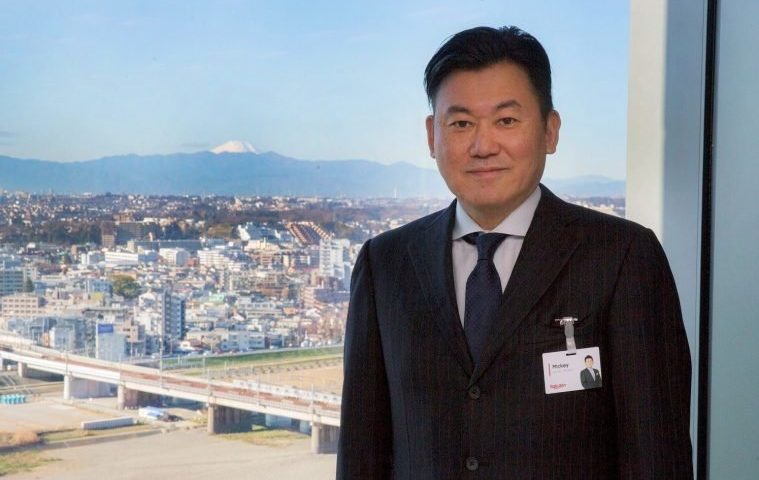Ten months after securing its first drug approval for head and neck cancer in Japan, Rakuten Medical has picked up another megaround of financing, in the form of a $166 million series D, to expand into new therapies and indications.
The San Mateo, California-based company said Thursday the series D translates to $75 million in new capital and $91 million converted promissory notes. General Catalyst led the round and included participation from existing stakeholder Rakuten Group and SBI Group.
“We believe the extensibility of the Illuminox platform has the potential to redefine the way clinicians care for their patients. We are proud to lead Rakuten Medical’s Series D funding as they expand into new therapies and indications,” said Paul Kwan, General Catalyst managing director, in a statement.
The company’s photoimmunotherapy tags antibodies to a dye that reacts to a certain form of light. Once bound to the target antigen, the therapy is paired with a device component consisting of a light source that locally lights up targeted cells to spur anti-cancer effects.
On January 1, the company’s Japanese subsidiary began commercializing the approved drug, Akalux, an IV infusion for unresectable locally advanced or recurrent head and neck cancer along with the medical device used in combination with the therapy.
Rakuten Medical is also in late-stage studies of the drug, ASP-1929, in locoregional, recurrent head and neck cancer, and in earlier stage studies in treating local esophageal as well as resectable primary and recurrent head and neck cancer. ASP-1929 is in the preclinical stages for other unidentified indications. ASP comes from the company’s original name, Aspyrian Therapeutics.
“In an ever competitive and changing landscape, we are hopeful and excited to have the solid support of both our new and long-standing investors who believe in Rakuten Medical’s Illuminox platform technology, as well as our commitment to bring impactful treatments to cancer patients globally,” said Mickey Mikitani, Rakuten Medical CEO, in a statement.
The company is also testing the drug, ASP-1929, in combination with anti-PD1 therapy for head and neck cancer or cutaneous squamous cell carcinoma in the U.S. The first patient was enrolled and treated in a phase 1b/2 clinical trial, Rakuten said in December.
Rakuten Medical has beefed up control of its supply chain for ASP-1929 in the past year by acquiring phthalocyanine dyes, critical to the mechanism of action for the drug, from LI-COR Biosciences in January.
The biotech has also boosted its medical device resources in the past year. Last month, Rakuten Medical and Shimadzu Corporation inked a joint development and commercialization pact for a medical device using optical measurement technology for cancer treatment. And, in August 2020, the biotech acquired Medlight, a producer of catheters and diffusers for optical light delivery. Rakuten Medical also has a research agreement with MD Anderson.

